We Want
We Want a Referendum on Unity Now
We firmly believe that now is the time for decisive action, and we must urgently call for a referendum on unity. This pivotal moment embodies not only our shared aspiration for togetherness but also our steadfast dedication to fostering a brighter future for all individuals within our community. We extend a warm invitation to you to engage in our referendum on unity today, as this is a crucial opportunity that will not only reaffirm our collective vision but also significantly strengthen the bonds that connect us as an active and vibrant community in Sub-Saharan Africa, allowing us to work together toward a common goal of progress and solidarity.
A Government for Sub-Saharan Africa
Almost sixty years after the Addis Ababa Convention, it is astonishing that the architects of the Organization of African Unity did not prioritize establishing a robust political and economic foundation. This fundamental oversight remains evident today within the framework of the African Union and its Agenda 2063. The current drive for economic integration, as evidenced by the African Continental Free Trade Area agreement, is undermined by a lack of political cohesion, exposing Sub-Saharan Africa to vulnerabilities such as lingering conflicts and antiquated concepts of sovereignty. To pave the way forward, we must champion a vision of political unification that blends insight with understanding, facilitating a deeper economic integration within a united Sub-Saharan Africa and nurturing a legacy of prosperity for future generations.
A Sub-Saharan African Army
The ongoing conflicts and pervasive instability throughout Sub-Saharan Africa underscore a fundamental truth: the path to genuine and lasting peace for its people can only be forged through the creation of a unified Sub-Saharan African Army, supported by a strong and effective Union government. It is imperative that we urgently mobilize our resources, efforts, and collective will to bring this vision to fruition, as only through such cohesive action can we hope to secure a safer and more prosperous future for all citizens of the region.
The United States of Sub-Saharan Africa
It is time for us to unite in our shared dream of a United States of Sub-Saharan Africa, addressing the persistent conflicts, chronic poverty, and underdevelopment that hinder our progress. The proposed referendum offers a clear path forward: by empowering Sub-Saharan Africans to vote, we can establish a united Sub-Saharan Africa that holds the promise of a brighter future for everyone. Together, we have the opportunity to rewrite our history and forge a world where Sub-Saharan Africa stands as a formidable and united force. For decades, we have fought tirelessly for our freedom; now is the moment to champion our unity. Envision an Africa where opportunities transcend borders, where collective resources drive advancement, and where every voice is valued in a robust federal government. As borders dissolve, we will unlock opportunities that impact the lives of every Sub-Saharan African.
We Want Unity For A Prosperous And Powerful Sub-Saharan Africa Now
A united Sub-Saharan Africa could transcend the limitations of its fragmented states, leveraging collective strength to achieve unprecedented economic growth, political and economic stability, and global influence. It would stand as a model of unity in diversity, showcasing how collaboration can transform societies and uplift people. This is not just a dream but a viable path, provided the political will, leadership, and collective determination exist to make it a reality. It represents a future where Sub-Saharan Africa is self-reliant, prosperous, and a global leader. Here are the key reasons:
Economic Powerhouse
A unified Sub-Saharan African market presents an incredible opportunity to enhance intra-African trade, simplify cross-border transactions, and draw in global investments, with the African Continental Free Trade Area paving the way for even more significant advancements under a cohesive government system. With Sub-Saharan Africa possessing around 30% of the world’s mineral reserves, a collective strategy can ensure that these valuable resources benefit the region itself instead of falling into the hands of external exploiters. Moreover, fostering collaboration among nations can spark industrial growth, generate employment opportunities, and diminish dependency on imports, aid, and debts.
Political strength
If SSA unites under a robust federal system, it has the potential to emerge as a formidable global superpower, rivaling established giants like China, the U.S., or the EU. The path to this success hinges on political will, economic integration, and the development of vital infrastructure. A unified Sub-Saharan African government could transform global politics and truly empower the region, fostering regional stability through enhanced cooperation among member states to tackle shared challenges such as terrorism, economic growth, and democratic governance. This solidarity would not only attract increased foreign investment and strategic partnerships by creating a unified market with immense economic promise, but it could also pave the way for improved governance and accountability across member states, as the collective strength of a united bloc would encourage adherence to democratic principles and human rights standards.
Technological Advancement
Innovation Hubs present an exciting opportunity for Sub-Saharan Africa to become a leading center of technological advancement by leveraging shared resources and knowledge in dynamic sectors like fintech, renewable energy, and agriculture. With a collaborative approach, Space and Science Programs could elevate a unified Africa’s participation in global scientific endeavors, instilling a sense of pride and uniting the continent in the quest for knowledge and exploration.
Social and Cultural Renaissance
Unity has the power to forge a strong Pan-African identity that not only celebrates the rich tapestry of Sub-Saharan Africa’s diverse cultures but also highlights our shared aspirations. Imagine a centralized system that ensures equal access to high-quality education and healthcare, dramatically elevating the standard of living for everyone across the region.
Military and Defense
A unified military pact would facilitate enhanced security cooperation among member states. This collaboration could lead to more effective responses to common threats such as terrorism, insurgency, and organized crime. For instance, groups like Boko Haram in Nigeria or Al-Shabaab in Somalia pose significant threats that transcend national borders. A collective approach would enable countries to pool resources and intelligence, leading to more efficient counter-terrorism operations.
Improved Resource Allocation
Pooling military resources can lead to cost savings and improved efficiency. By sharing equipment, training facilities, and logistical support, member states can reduce duplication of efforts and expenses associated with maintaining separate military infrastructures. This is particularly important for smaller nations with limited defense budgets.
Economic Benefits through Stability
Increased security resulting from a military pact can foster economic growth by creating an environment conducive to investment. Investors are more likely to engage with regions that demonstrate political stability and effective governance structures. Additionally, enhanced security can protect critical infrastructure projects such as roads, railways, and energy installations that are vital for economic development.
Promotion of Political Unity and Integration
A military alliance can serve as a catalyst for broader political integration within Sub-Saharan Africa. It may encourage member states to collaborate on other issues such as trade agreements or environmental policies by fostering closer ties through shared security interests.
Addressing Transnational Threats
Sub-Saharan Africa faces numerous transnational threats including human trafficking, drug smuggling, and wildlife poaching which require coordinated responses across borders. A united defense framework would enable countries to tackle these issues more effectively through joint operations and intelligence-sharing mechanisms.
Support for Peacekeeping Missions
A collective military force could enhance the region’s capacity to undertake peacekeeping missions both within its borders and in neighboring regions experiencing conflict (e.g., Central African Republic or South Sudan). This capability would not only stabilize affected areas but also position Sub-Saharan Africa as a proactive contributor to global peacekeeping efforts.
Increased Global Influence
By forming a united front through a military pact, Sub-Saharan African nations could increase their influence on the global stage regarding security matters affecting the continent. A cohesive stance on issues such as arms control or international terrorism could lead to stronger partnerships with major powers seeking stability in Africa.
Resilience Against External Interference
A united military framework would provide resilience against external interference from foreign powers seeking to exploit regional conflicts for their own interests (e.g., resource extraction or geopolitical positioning). By presenting a unified front, Sub-Saharan African nations can better safeguard their sovereignty.
Environmental Stewardship
Sub-Saharan Africa stands at the forefront of climate action, with its unique challenges offering opportunities for transformative leadership in global environmental initiatives while unlocking its vast potential for renewable energy. By coming together, we can tackle pressing issues like desertification, deforestation, and water scarcity, creating a sustainable future for the continent and setting an inspiring example for the world.
Cultural and Historical Preservation
Reviving our rich heritage is essential as we champion the preservation and celebration of Africa’s vibrant history, languages, and traditions, thereby enhancing our cultural identity on the global stage. By fostering the creation of independent global media platforms, we can transform narratives and reduce our reliance on external sources, empowering Africa to tell its own compelling story.
Continental Infrastructure
A unified government holds the exciting possibility of transforming transportation networks, effortlessly linking Sub-Saharan African nations as well as urban and rural areas through innovative and efficient road, rail, and air systems. This vibrant connectivity will empower everyone with access to affordable internet and state-of-the-art technology, sparking creativity and elevating education for all.
Economic Equity
Coordinated efforts have the potential to transform lives, lifting millions out of poverty through resource redistribution, job creation, and enhanced access to essential services. Additionally, a united Sub-Saharan Africa can pave the way for more equitable trade agreements, empowering the continent to reduce its reliance on foreign powers and fostering a more self-sustaining economy.
Space for the African Diaspora
A united Sub-Saharan Africa stands poised to embrace the African diaspora, transforming the continent into a vibrant hub for investment, knowledge exchange, and cultural connections while collectively advocating for reparative justice in addressing the historical injustices of slavery and colonial exploitation, fostering a renewed sense of identity and purpose that honors the past while building a prosperous future for all.
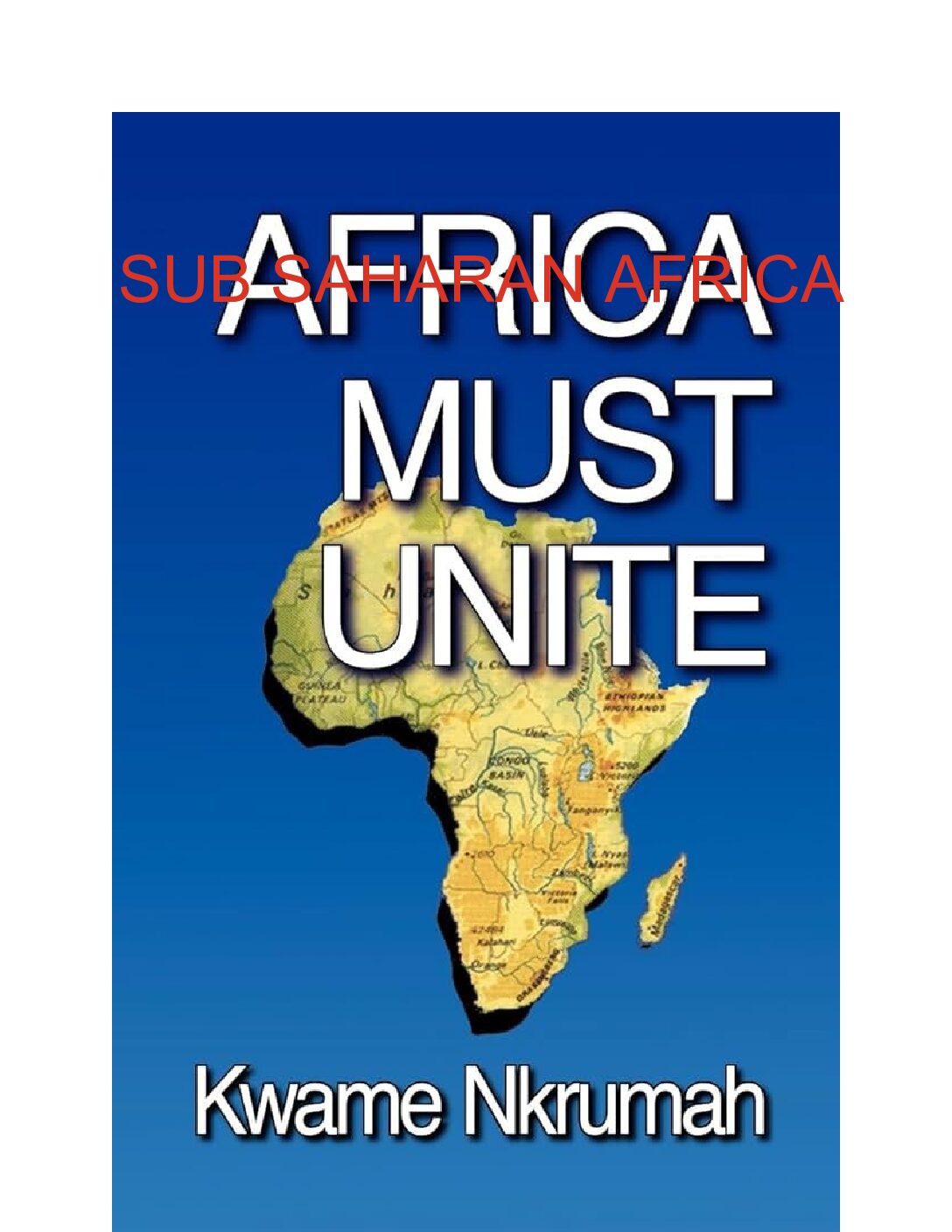
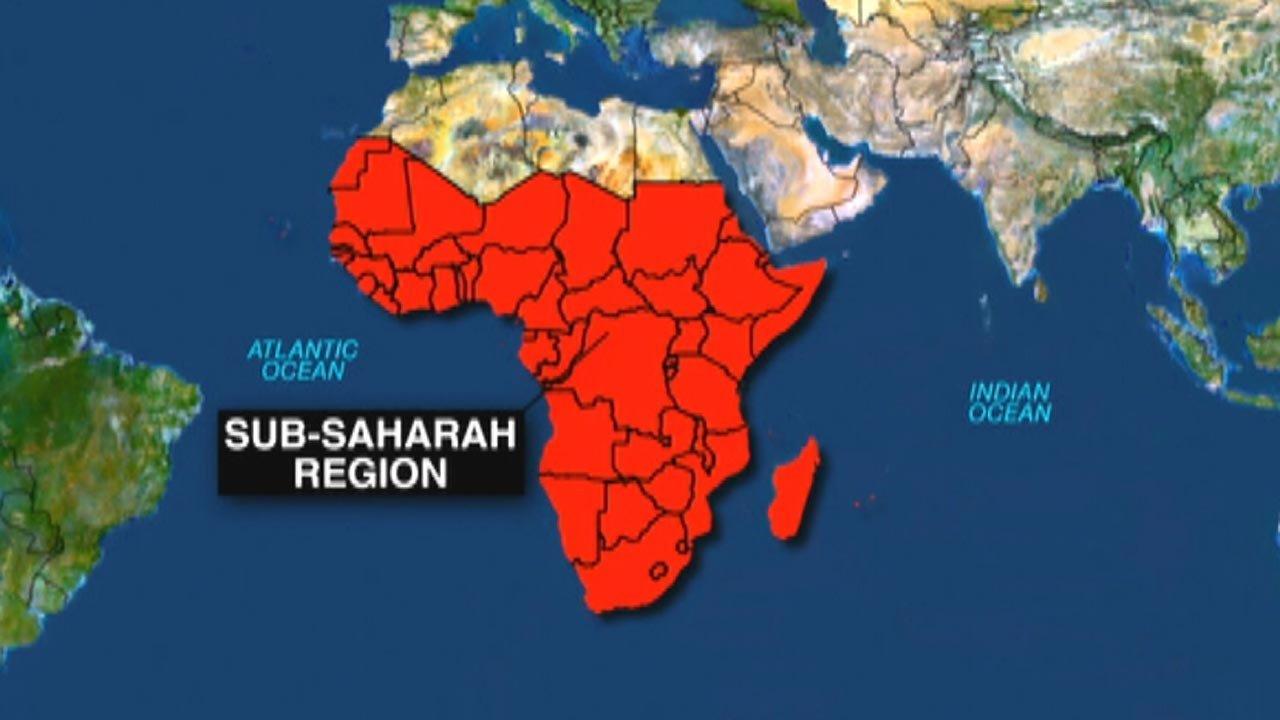
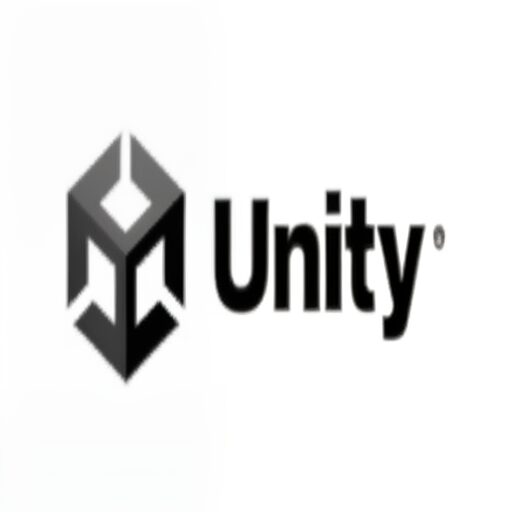

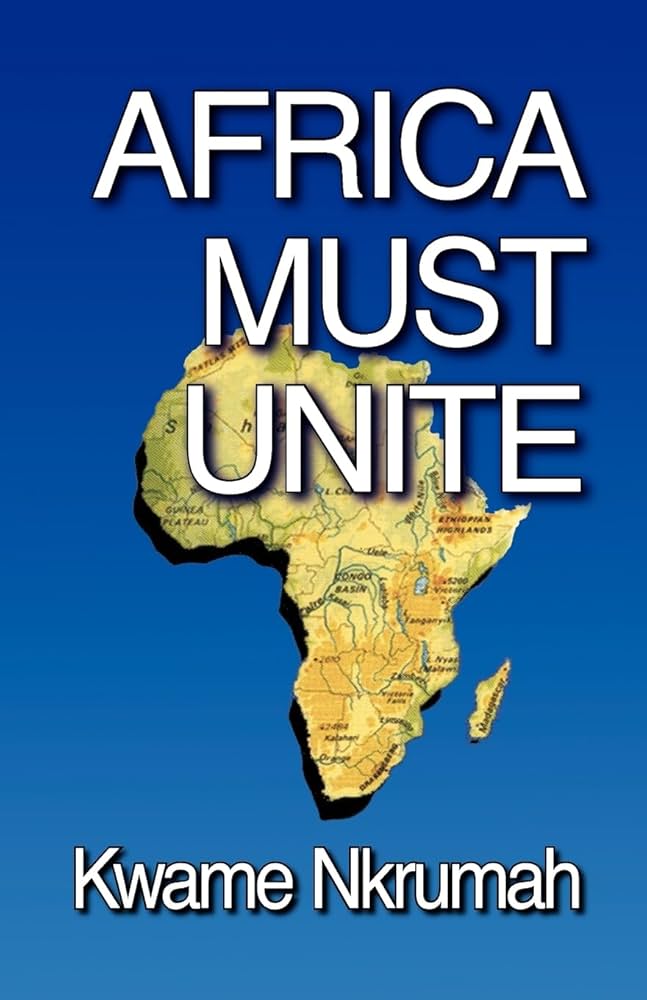

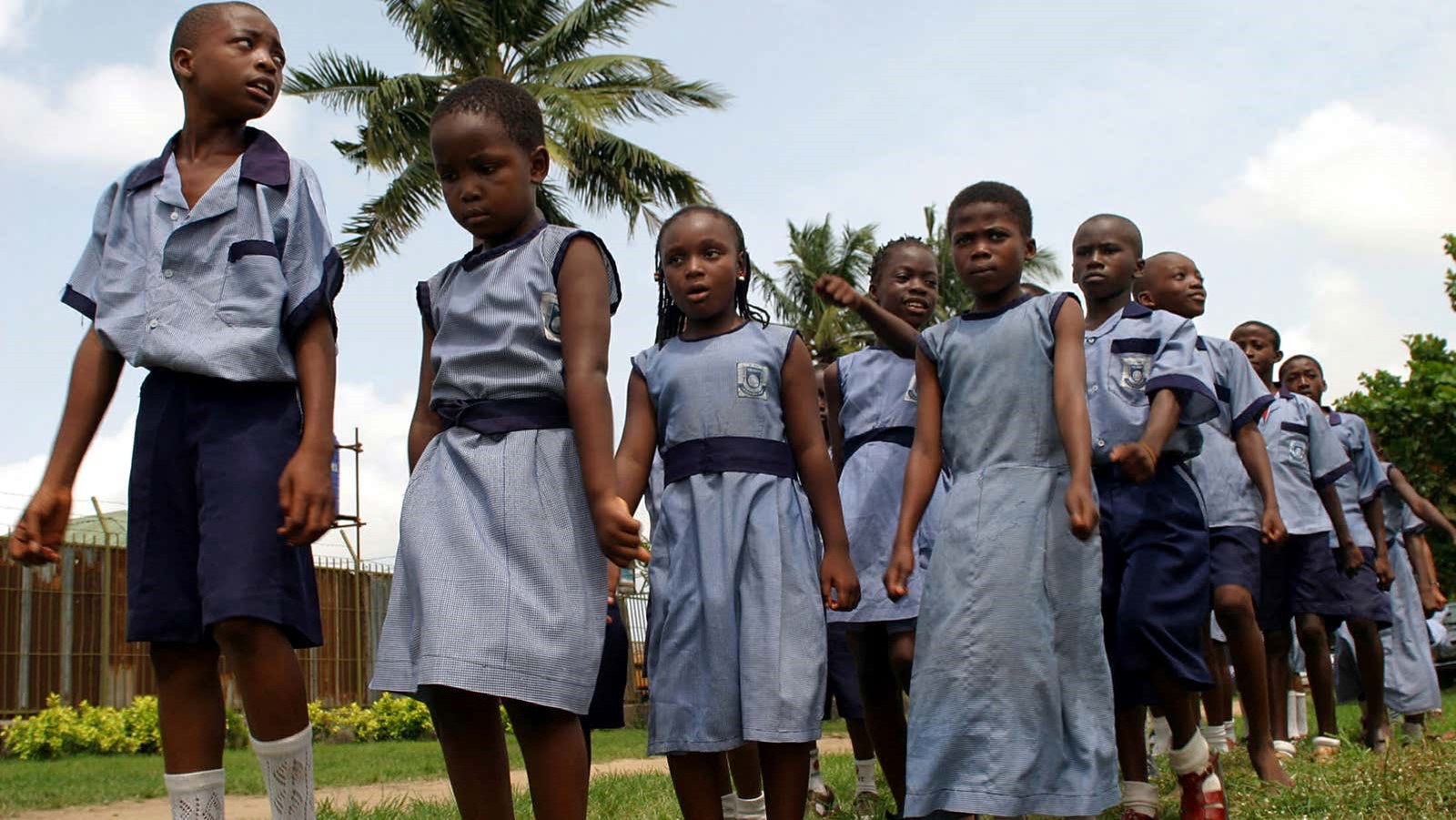
EMBRACING A NEW SOCIAL PACT FOR A SUSTAINABLE FUTURE
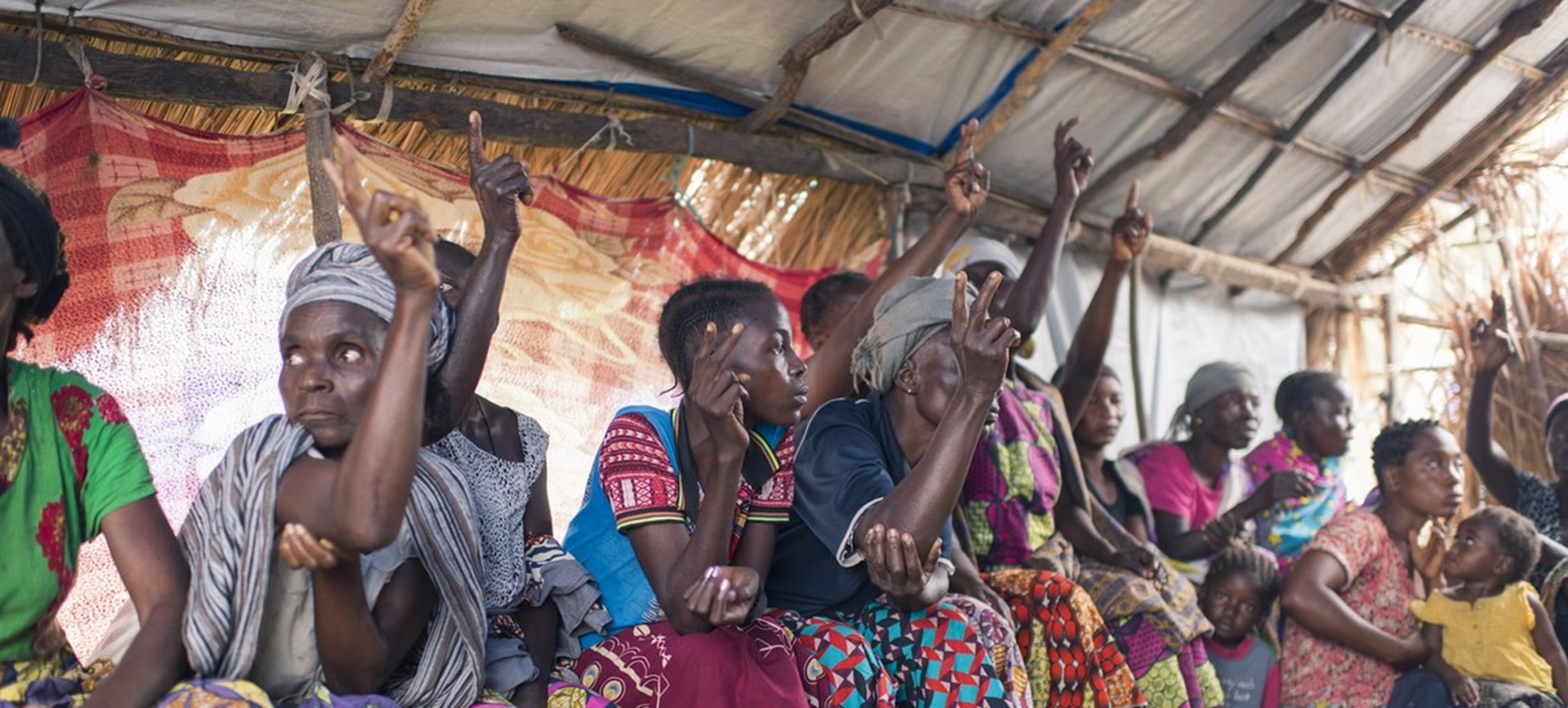
A POWERFUL UNION GOVERNMENT FOR THE UNDERPRIVILEGED AND ALL FOR A PROSPEROUS FUTURE
A strong Union of Sub-Saharan Africa could significantly enhance economic collaboration, fostering trade agreements and reducing barriers to commerce among member nations. This unity would facilitate resource sharing, drive infrastructure development, and promote collective bargaining on global platforms, amplifying the region’s voice.
Additionally, a cohesive political stance could bolster regional stability, enabling countries to address conflicts more effectively and collaboratively combat challenges like climate change, health crises, and security threats. By pooling resources and expertise, member states could implement more effective policies to tackle poverty and unemployment, improving the quality of life for millions.
Culturally, a strong union would promote a sense of shared identity and values, fostering solidarity among diverse nations. This could enhance tourism and cultural exchange, enriching societies and economies alike.
The significance of a robust Union of Sub-Saharan Africa lies in its potential to transform the region into a formidable player on the global stage, driving sustainable development and ensuring a brighter future for its citizens.
Ultimately, a strong Union of Sub-Saharan Africa (SSA) could have transformative significance, addressing historical challenges and unlocking immense potential across political, economic, social, and cultural dimensions. Here are the key points:
- Political Influence and Stability
- Enhanced Global Power: A unified Sub-Saharan Africa could become a major player on the global stage, able to advocate effectively for its collective interests in international institutions.
- Conflict Resolution: Unified governance structures could mitigate internal conflicts by promoting regional stability, supporting peacekeeping efforts, and mediating disputes.
- Sovereignty Strengthening: By acting collectively, SSA nations could reduce reliance on external powers and maintain greater control over their political and economic affairs.
- Economic Transformation
- Economic Integration: A unified market would facilitate free trade, attract investments, and create economies of scale, boosting industrialization and innovation.
- Increased Bargaining Power: With shared resources and coordinated strategies, the Union could negotiate better trade agreements and reduce exploitation of its natural resources.
- Infrastructure Development: Pooling resources would allow for the development of continent-wide infrastructure, improving connectivity and productivity.
- Cultural Renaissance
- Pan-African Identity: Strengthening cultural ties across SSA could foster a collective identity, pride, and solidarity rooted in shared heritage and diversity.
- Knowledge Exchange: Collaboration in education, arts, and technology would promote intellectual and cultural enrichment across the region.
- Preservation of Heritage: A Union could provide a stronger platform for protecting and promoting African languages, traditions, and knowledge systems.
- Social Progress
- Unified Policies on Health and Education: Collective action could tackle critical challenges like healthcare delivery, education access, and poverty alleviation at a regional level.
- Labor Mobility: Free movement of people would enable skilled and unskilled labor to flow where needed, boosting employment and reducing inequality.
- Shared Resources for Development: A united approach to harnessing SSA’s wealth of resources—human, natural, and technological—would drive sustainable development.
- Geostrategic Importance
- Control Over Resources: Coordinated resource management could help SSA nations retain the benefits of their vast mineral wealth, agricultural capacity, and energy potential.
- Resilience Against External Exploitation: A Union could reduce the region’s vulnerability to economic and political exploitation by powerful foreign entities.
- Climate Change Leadership: Unified strategies could help SSA nations lead global efforts in addressing climate change, leveraging their biodiversity and renewable energy potential.
- Historical Significance
- Overcoming Colonial Legacies: A strong Union would symbolize a break from the divisive colonial borders and systems imposed by foreign powers.
- Pan-African Dream Realized: It would fulfill the vision of African leaders like Kwame Nkrumah and Julius Nyerere, who advocated for unity as the path to dignity, independence, and prosperity.
In summary, a strong Union of Sub-Saharan Africa could transform the region into a powerhouse of political stability, economic dynamism, and cultural pride, significantly elevating its role in shaping the future of the global community.
Other Significance of a Strong Union Government of Sub-Saharan Africa
- Political Stability and Governance
A strong union government in Sub-Saharan Africa could enhance political stability across the region. Many countries in this area experience political turmoil, corruption, and weak governance structures. A unified government could establish consistent policies, promote democratic practices, and provide a framework for conflict resolution. By fostering good governance and accountability, it would help build trust among citizens and reduce the likelihood of civil unrest. - Economic Integration and Development
A robust union government would facilitate economic integration among Sub-Saharan African nations. By harmonizing trade policies, reducing tariffs, and creating a common market, member states could enhance intra-regional trade. This economic collaboration would lead to increased investment opportunities, job creation, and overall economic growth. The African Continental Free Trade Area (AfCFTA) is an example of how regional cooperation can boost economic development; a strong union government could further support such initiatives. - Collective Security
A unified government would enable a coordinated approach to security challenges faced by Sub-Saharan Africa, such as terrorism, organized crime, and inter-state conflicts. By pooling resources and intelligence-sharing among member states, the union could effectively address these threats through collective defense mechanisms. This cooperation would not only enhance national security but also contribute to regional peacekeeping efforts. - Social Cohesion and Cultural Exchange
A strong union government could promote social cohesion by fostering a sense of shared identity among diverse ethnic groups within Sub-Saharan Africa. Initiatives that encourage cultural exchange, education collaboration, and joint community projects can help bridge divides between different populations. This unity can lead to greater societal harmony and reduce ethnic tensions that often result in conflict. - Infrastructure Development
An effective union government can prioritize infrastructure development across the region by coordinating investments in transportation networks, energy projects, and communication systems. Improved infrastructure is crucial for facilitating trade and mobility within the region while also attracting foreign investment. Collaborative projects like transnational highways or railways can significantly enhance connectivity between nations. - Global Influence
A strong union government would amplify the voice of Sub-Saharan Africa on the global stage. By presenting a united front in international negotiations—whether on climate change, trade agreements, or security issues—the region could exert greater influence over global policies that affect its interests. This unity can also attract more attention from global powers seeking partnerships with African nations. - Sustainable Development Goals (SDGs)
The union government could play a pivotal role in advancing the Sustainable Development Goals set by the United Nations by aligning national strategies with regional priorities. Coordinated efforts in areas such as poverty alleviation, education access, healthcare improvement, and environmental sustainability can lead to more effective implementation of these goals across member states.


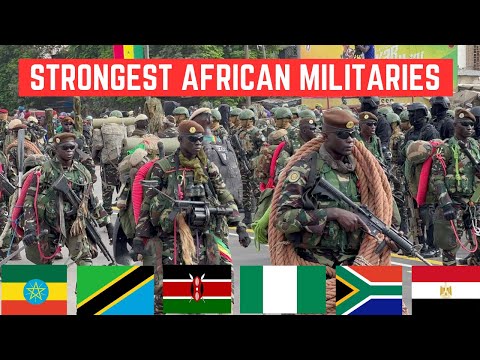
A RESILIENT SUB-SAHARAN AFRICAN FORCE FOR LASTING PEACE AND STABILITY
A strong Sub-Saharan African army would hold significant importance for regional security, stability, and development. First and foremost, it could effectively combat terrorism and insurgency, which have plagued various nations, thereby protecting citizens and fostering an environment conducive to economic growth.
Moreover, a unified military force would enhance collective defense capabilities, allowing countries to respond swiftly to external threats or conflicts. This deterrent effect could discourage aggression from neighboring states or non-state actors, contributing to a more stable geopolitical landscape.
Additionally, a robust army could play a crucial role in peacekeeping missions within the region, addressing conflicts and humanitarian crises more effectively. By participating in such operations, Sub-Saharan Africa could enhance its diplomatic standing on the global stage and promote a sense of self-reliance, reducing dependency on foreign powers for security.
Furthermore, a strong military could aid in disaster response and humanitarian assistance during natural calamities, demonstrating the army’s versatility and commitment to national and regional welfare. This capability would strengthen community resilience and foster trust between military forces and civilian populations.
Ultimately, a cohesive and powerful Sub-Saharan African army would not only bolster security but also contribute to economic stability, regional cooperation, and a stronger voice in international affairs, paving the way for sustainable development and unity among the nations of the continent.
A strong Sub-Saharan African army would have profound significance for the region’s security, stability, and international influence. Here are the key points to consider:
- Enhanced Regional Security
- Conflict Resolution: A unified army could be deployed quickly to mediate and resolve internal conflicts within member states, reducing the prevalence and impact of civil wars and insurgencies.
- Counterterrorism: The army could address the threat of extremist groups like Boko Haram, Al-Shabaab, and others operating across borders, ensuring a coordinated and effective response.
- Border Protection: A collective defense force could secure porous borders, preventing illegal arms trafficking, smuggling, and human trafficking.
- Reduced Reliance on Foreign Militaries
- Autonomy in Defense: A unified military force would decrease dependence on foreign powers for peacekeeping missions and military interventions, empowering the region to address its own security needs.
- End of Neocolonial Interventions: With a strong military, Sub-Saharan Africa could prevent exploitative foreign interventions disguised as aid or assistance, asserting its sovereignty.
- Cost Efficiency
- Shared Resources: Pooling military resources—personnel, equipment, and training—would reduce costs for individual nations while enhancing overall effectiveness.
- Unified Defense Budget: Instead of fragmented and underfunded national armies, a collective budget could sustain a modern and well-equipped force.
- Peacekeeping and Humanitarian Missions
- Regional Peacekeeping: The army could lead peacekeeping missions across the continent, replacing reliance on external forces like the United Nations or Western coalitions.
- Humanitarian Assistance: In times of natural disasters or humanitarian crises, the army could provide logistics, security, and support, ensuring rapid and organized responses.
- Strengthened Global Influence
- Geopolitical Weight: A robust army would increase the region’s bargaining power in international negotiations, as military capability often correlates with geopolitical respect.
- Contributions to Global Peacekeeping: A united force could participate in international peacekeeping missions, projecting Sub-Saharan Africa as a responsible and influential global player.
- Deterrence Against External Threats
- Resource Protection: A strong military could safeguard the region’s vast natural resources from exploitation or illegal extraction by external powers.
- Maritime Security: With control over strategic waterways like the Gulf of Guinea, a unified force could combat piracy and secure crucial maritime trade routes.
- Cybersecurity: A collective military could invest in defending against cyber threats, which are increasingly critical to national security.
- Professionalization and Modernization
- Standardized Training: A unified structure would ensure high standards of training and discipline across member states, leading to a more professional force.
- Technology and Innovation: Pooling resources could facilitate investment in advanced military technology and research, modernizing the region’s defense capabilities.
- Veterans’ Support: A centralized system could provide better support for military personnel and veterans, improving morale and recruitment.
- Symbol of Unity and Strength
- Pan-African Pride: A united army would symbolize the region’s commitment to collective security, unity, and independence.
- Inspiration for Other Regions: The establishment of a successful regional army could serve as a model for other parts of the world.
Challenges to Address
While a strong Sub-Saharan African army would bring significant benefits, it would also face challenges:
- Political Will: Achieving consensus among diverse nations with varying interests and governance styles.
- Funding: Establishing and sustaining such an army would require substantial financial commitment.
- Command Structure: Ensuring equitable leadership and decision-making across member states.
Other Significance of a Strong Sub-Saharan African Army
- Enhanced National Security
A strong Sub-Saharan African army would significantly enhance national security across the region. Many countries in Sub-Saharan Africa face threats from terrorism, insurgencies, and transnational crime. A robust military presence can deter these threats, protect borders, and ensure stability within nations. For instance, countries like Nigeria and Mali have struggled with Boko Haram and other militant groups; a stronger military could improve their capacity to respond effectively to such challenges.
- Regional Stability and Cooperation
A well-equipped and trained military can foster regional stability by enabling countries to collaborate on security issues. The African Union (AU) has emphasized the importance of collective security mechanisms, such as the African Standby Force, which relies on member states’ military capabilities. A strong Sub-Saharan army would facilitate joint operations against common threats, thereby enhancing cooperation among neighboring countries and contributing to peacekeeping efforts in conflict zones.
- Economic Development
Security is a prerequisite for economic development. Investors are more likely to engage in regions where they perceive low risks of conflict and instability. A capable military can create a safer environment for business operations, encouraging foreign direct investment (FDI) and stimulating local economies. Moreover, defense spending can lead to job creation within the military sector and related industries, further boosting economic growth.
- Sovereignty and Self-Reliance
Strengthening national armies contributes to greater sovereignty and self-reliance in defense matters. Countries that rely heavily on foreign military assistance may find their sovereignty compromised or face limitations in decision-making regarding national security policies. By developing their own military capabilities, Sub-Saharan African nations can assert greater control over their defense strategies and reduce dependency on external powers.
- Addressing Internal Conflicts
Many Sub-Saharan African nations experience internal conflicts driven by ethnic tensions or political disputes. A strong army can play a crucial role in maintaining order during such crises by providing a stabilizing force that upholds law and order while also being able to engage in peacebuilding initiatives when necessary.
- Contribution to Global Security Efforts
As global security dynamics evolve, there is an increasing expectation for African nations to contribute to international peacekeeping missions under the auspices of the United Nations or AU mandates. A strong Sub-Saharan army would enable these nations to participate more effectively in global security efforts, showcasing their commitment to international peace while also gaining valuable experience that can be applied domestically.
Finally, a strong Sub-Saharan African army would play a critical role in ensuring peace, stability, and independence for the region. Beyond security, it would boost regional integration, foster a sense of unity, and elevate Sub-Saharan Africa’s standing on the global stage. By addressing challenges collectively, it could become a cornerstone of a prosperous and resilient future for the continent.
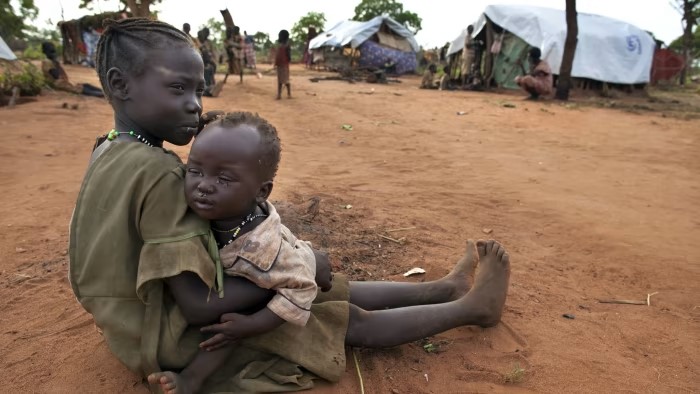
THE UNITED STATES OF SUB-SAHARAN AFRICA ADVANCING A PROSPEROUS FUTURE FOR ITS CHILDREN
The establishment of the United States of Sub-Saharan Africa would have profound implications for the global landscape. Economically, it could create a massive single market, attracting foreign investment and fostering trade partnerships, thereby shifting economic power dynamics. This unity would enable countries to leverage collective resources, enhancing their bargaining position in international trade agreements.
Politically, a united Sub-Saharan Africa could serve as a powerful bloc in global governance, influencing decisions in organizations like the United Nations and the African Union. This enhanced voice could lead to more equitable representation and address issues such as climate change, human rights, and development aid with greater authority.
Culturally, the emergence of a unified entity would promote African identity on the world stage, showcasing the continent’s rich diversity and cultural contributions. This could lead to increased tourism and global interest in African arts, music, and heritage, fostering greater appreciation and understanding.
Moreover, a strong political and military alliance could enhance regional stability, potentially reducing the need for foreign military interventions and peacekeeping missions. This shift would encourage other regions to reconsider their approaches to conflict resolution and cooperation.
In essence, the United States of Sub-Saharan Africa would not only reshape the continent but also redefine global relationships, promoting a multipolar world where diverse voices contribute to shared solutions for global challenges.
The formation of the United States of Sub-Saharan Africa (USSA) would have profound implications for the rest of the world, reshaping global dynamics across economic, political, cultural, and strategic dimensions. Here’s a detailed analysis:
1. Global Economic Impact
Market Potential:
The USSA would create one of the largest unified markets, leveraging its vast population (over 1 billion) and natural resources.
The integration of economies would foster investment opportunities, industrial growth, and innovation, making the USSA a key player in global trade.
Resource Management:
With control over a significant share of the world’s mineral wealth (e.g., cobalt, gold, diamonds), the USSA could negotiate better terms for exports, challenging the current dominance of foreign corporations.
This would alter global supply chains, especially in technology and renewable energy sectors reliant on African resources.
Investment Rivalries:
Global powers like the U.S., China, and the EU would compete for access to the USSA’s market, likely increasing foreign direct investment and technological partnerships.
2. Shift in Geopolitical Power
A New Global Bloc:
The USSA would emerge as a major political bloc, similar in influence to the European Union or China, able to advocate collectively for African interests on the global stage.
It would hold significant sway in international organizations like the United Nations, G20, and World Trade Organization.
Redefining Alliances:
The balance of power could shift as the USSA forms strategic partnerships, potentially altering long-standing alliances with the West or pivoting towards BRICS (Brazil, Russia, India, China, South Africa).
Reducing Dependency:
By unifying, the region could reduce dependency on foreign aid and loans, challenging the influence of institutions like the IMF and World Bank.
3. Cultural and Ideological Influence
Pan-African Renaissance:
The USSA could inspire a resurgence in African cultural pride and influence, leading to a broader appreciation of African art, literature, and traditions globally.
It could also serve as a model for regional unity in other parts of the world, particularly in Latin America or the Middle East.
Soft Power:
A united Sub-Saharan Africa could project soft power through its diaspora, cultural exports (music, film, fashion), and sports, amplifying its global cultural footprint.
4. Strategic and Military Considerations
Peace and Security:
A unified and strong USSA army would contribute to global peacekeeping missions and humanitarian efforts, reducing reliance on external interventions in Africa.
Defense Alliances:
The USSA could form military alliances that shift global defense dynamics, such as strengthening ties with United States of America or China or Russia, or remaining neutral to broker peace globally.
5. Control Over Strategic Resources:
Access to key minerals and energy resources could become a geopolitical bargaining chip, influencing global energy security and technological advancements.
6. Climate and Environmental Leadership
Sustainability Leadership:
The USSA could take a leading role in combating climate change, leveraging its vast biodiversity and renewable energy potential to advocate for sustainable development globally.
Impact on Global Emissions:
Coordinated environmental policies could set an example for balancing development with ecological conservation, influencing global climate policy.
7. Challenges and Global Reactions
Economic Repercussions for the West:
A strong USSA could disrupt the current global economic order, reducing Western control over African resources and markets.
Industries reliant on cheap labor and raw materials might face higher costs.
Geopolitical Resistance:
Some global powers might view the USSA as a threat to their dominance, potentially attempting to destabilize its formation through economic or political means.
Diplomatic Realignments:
Countries with historical ties to individual African nations would need to renegotiate their relationships with a unified government.
8. Inspiration for Other Regions
A Model for Unity:
The USSA could inspire other regions to pursue similar unifications, such as a United States of Latin America or a stronger ASEAN alliance in Southeast Asia.
Challenge to Colonial Legacies:
Its success would challenge the legacy of colonialism, promoting narratives of self-determination and resilience in formerly colonized regions.
9. Ethical and Philosophical Influence
Global Equity:
The rise of the USSA would symbolize progress toward a more equitable world order, challenging stereotypes and rebalancing narratives around Africa’s role in global affairs.
Decolonizing Development:
The USSA could champion new development paradigms that prioritize fairness and sustainability, offering alternatives to exploitative global systems.
The creation of the United States of Sub-Saharan Africa would be a transformative event for the global community. It would elevate Africa from a region often marginalized in global decision-making to a leading player shaping the future of politics, economics, and culture. While it would bring challenges and resistance, its success could herald a more balanced and inclusive world order.
WHAT WE EXPECT FROM THE AFRICAN UNION AND GLOBAL COMMUNITY
United Nations(UN)
- The United Nations should serve as a crucial mediator that facilitates discussions among young people advocating for a referendum on the unity of Sub-Saharan Nations and engages leaders of member states in exploring possibilities for unity by organizing impactful conferences and workshops that bring together leaders from various nations to participate in meaningful dialogues about the benefits and challenges involved.
- The United Nations should be ready to provide essential technical assistance and funding if a significant majority of young people in Sub-Saharan Africa, including key voices from Africa’s Youth Voices Network, support a referendum aimed at uniting the nations of the region. This initiative will encourage youth engagement and allow the UN to apply its expertise in creating a referendum process that meets international standards, ensuring free, transparent, and fair elections that promote democratic participation and enhance regional unity.
- The United Nations is uniquely positioned to take a proactive role in overseeing human rights issues throughout the entire referendum process, emphasizing that any initiatives designed to promote unity must be deeply anchored in a genuine respect for human rights and a steadfast commitment to democratic principles, which are essential for cultivating a just and equitable society that upholds the dignity of all individuals while ensuring their voices are heard and valued.
African Union (AU)
- We anticipate that the African Union will reaffirm its commitment to youth engagement as a fundamental component of the continent’s development strategy by initiating a referendum project that aligns with its vision for a more integrated Africa, thereby creating an opportunity for young voices across Sub-Saharan Africa to express their views on issues of unity and empowering youth to shape the future they desire for themselves and their region.
- We anticipate that the African Union will establish comprehensive policies to govern the conduct of referendums across member states, ensuring that these processes genuinely reflect the will of their populations. Furthermore, we expect the African Union to align the vision of its newly created Youth Reference Committee with the Pan-African aspiration for unity, providing a platform for young people to voice their perspectives on unity through the proposed referendum on the unity of Sub-Saharan African nations championed by this movement.
- We anticipate that the African Union will adopt effective conflict resolution strategies to mitigate potential disputes stemming from diverse viewpoints on unity. Additionally, we urge the AU to reinforce its dedication to youth engagement as a fundamental element of the continent’s development agenda by encouraging the leaders of its member states to foster an environment conducive to a successful referendum, empowering young people across Sub-Saharan Africa to shape their own futures and the future of the region.
International Community
- We extend an invitation to friends, nations, and international organizations worldwide to unite in taking impactful action by providing essential funding for conducting referendums or backing initiatives that promote unity and explore various alternative avenues, ultimately leading towards a successful referendum on the unity of Sub-Saharan African nations and paving the way for a more equitable and sustainable future for everyone.
- We anticipate that global powers will apply diplomatic pressure on the leaders of Sub-Saharan nations to create avenues for young people throughout the region to voice their opinions on the unification of Sub-Saharan African countries through the proposed referendum and to recognize referendums as integral components of broader geopolitical strategies or alliances.
- International observers from various nations or organizations can be invited to actively enhance transparency throughout the entire referendum process, ensuring that every stage is conducted fairly and openly, thereby fostering trust among the electorate and reinforcing the legitimacy of the outcomes. Their involvement can provide crucial oversight and expert analysis, which is essential for identifying any irregularities, promoting best practices, and ensuring adherence to democratic standards that resonate with both local and global expectations.
The United States and the West
The West should actively support Sub-Saharan Africa in achieving its noble dream of unity, empowering its most vulnerable citizens to secure true independence from their new oppressors, who are frequently their own leaders and elites that have betrayed their trust. This vital assistance is not only fundamental for the promotion of human rights but also essential for addressing and rectifying the historical injustices of slavery that still echo in the present day. Sub-Saharan Africa truly deserves robust global backing to fulfill its aspirations and foster rapid unity among its diverse nations. However, if the international community falls short in this mission of solidarity, it becomes increasingly important for the people of Sub-Saharan Africa to spearhead their own movement for change and self-reliance. A sustainable and thriving future must not depend solely on external forces but should be rooted in the strength and resilience that arises from within the region itself.
Key Areas of Impact
How Unity Drives Progress
ECONOMIC GROWTH AND OPPORTUNITY FOR ALL
Leverage the strength of unity and implement cohesive economic strategies along with innovative economic integration to boost regional prosperity and create a dynamic environment where businesses and communities can truly thrive. By actively fostering unity and aligning our objectives, we can uncover new pathways to lasting progress and peace while advancing sustainable development that positively impacts the diverse populations of Sub-Saharan Africa.
SOCIAL COHESION
Effective governance strategies are fundamental in nurturing unity and enduring peace within our diverse communities as they proactively address conflicts while establishing a comprehensive framework that fosters political stability, which is crucial for sustainable development and meaningful societal progress. By embracing inclusive practices and promoting equitable decision-making, these strategies not only mitigate disputes but also enhance the collective resilience of communities, thereby paving the way for a harmonious coexistence that underpins long-term growth and stability.
ACT WITH URGENCY FOR A SUSTAINABLE FUTURE
Collective action is essential in addressing global environmental challenges such as climate change, deforestation, and biodiversity loss. By uniting our efforts, we can implement policies that foster sustainable resource management and conservation. Join us in this crucial movement to protect our planet’s resources and create a sustainable future for all living beings. Taking action now ensures a thriving ecosystem for future generations and promotes a healthier world for everyone.
SOCIAL INTEGRATION
SECURITY COLLABORATION
TRANSFORMING INFRASTRUCTURE FOR A PROSPEROUS FUTURE
Sub-Saharan Africa is poised for significant infrastructure development, ready to address challenges with innovation and resolve. While advancements have been made, much remains to enhance the region’s infrastructure to global standards. With internet penetration at about 40 percent and a pressing need to improve power supply and transportation, the growth potential is clear. The African Development Bank highlights a need for annual investments of 130 billion to 170 billion dollars for crucial infrastructure upgrades, offering a remarkable opportunity for collaboration and investment that can drive the continent towards a more connected and prosperous future.
What Our Community Leaders Say
“Collaboration has been the cornerstone of our success. By working together, we’ve been able to tackle challenges that seemed insurmountable.”
Dr. Amina Kone, Community Leader
“Unity is not just a concept; it’s a powerful tool that has transformed our community. Together, we are stronger and more resilient.”
John Mwangi, Local Activist
Upcoming Events
Unity for Development Summit
FREE
Sustainable Growth Workshop
FREE
Cultural Exchange Festival
Exciting updates are on the way, so stay tuned for all the amazing announcements we have in store for you!
FREE
Health Initiatives Conference
Details will be revealed soon
FREE

Get Involved
Join us in our mission to foster unity and drive development in Sub-Saharan Africa. Your support can make a significant impact on economic growth, social cohesion, and environmental sustainability.